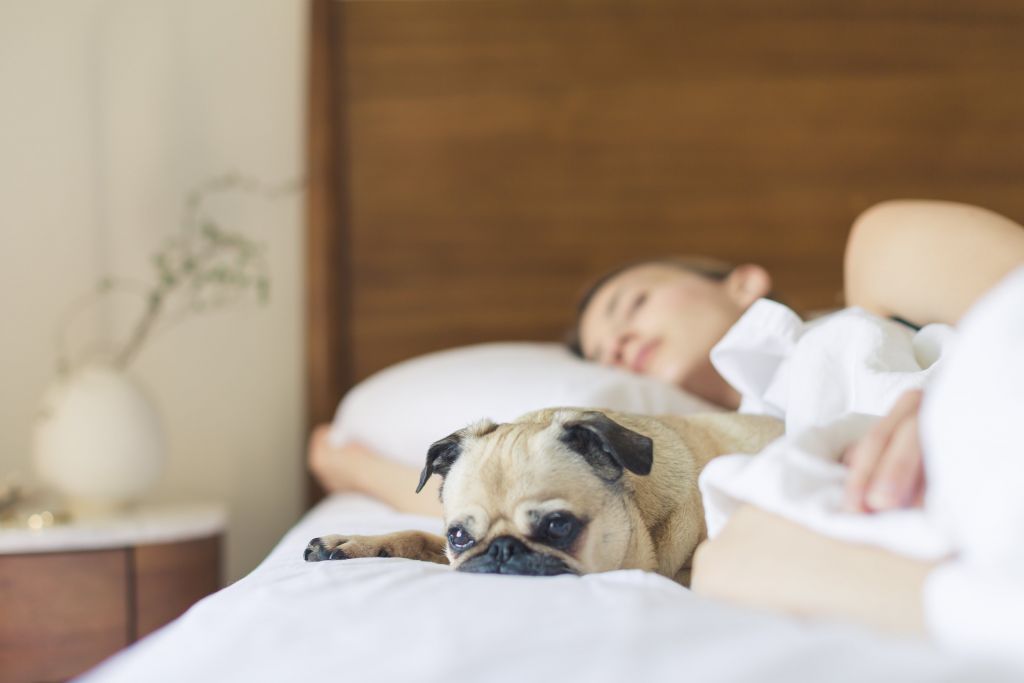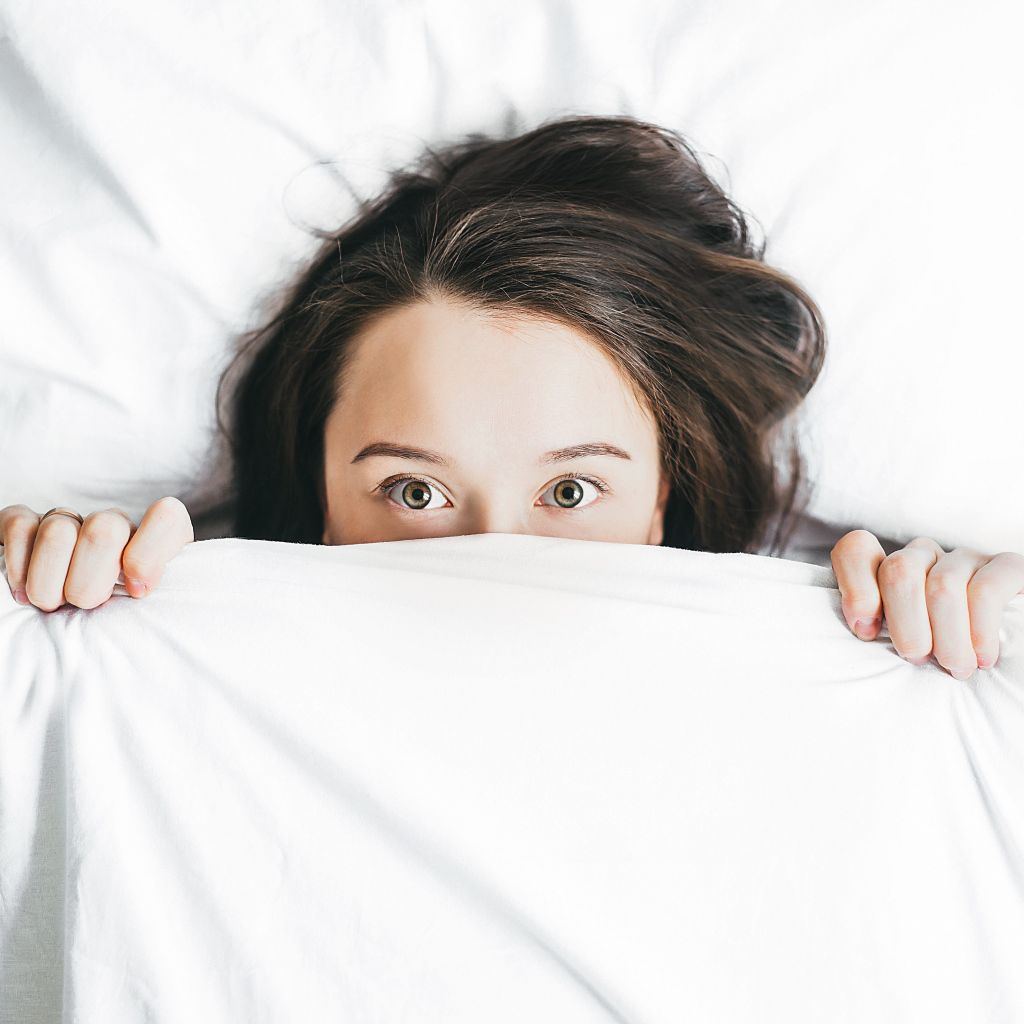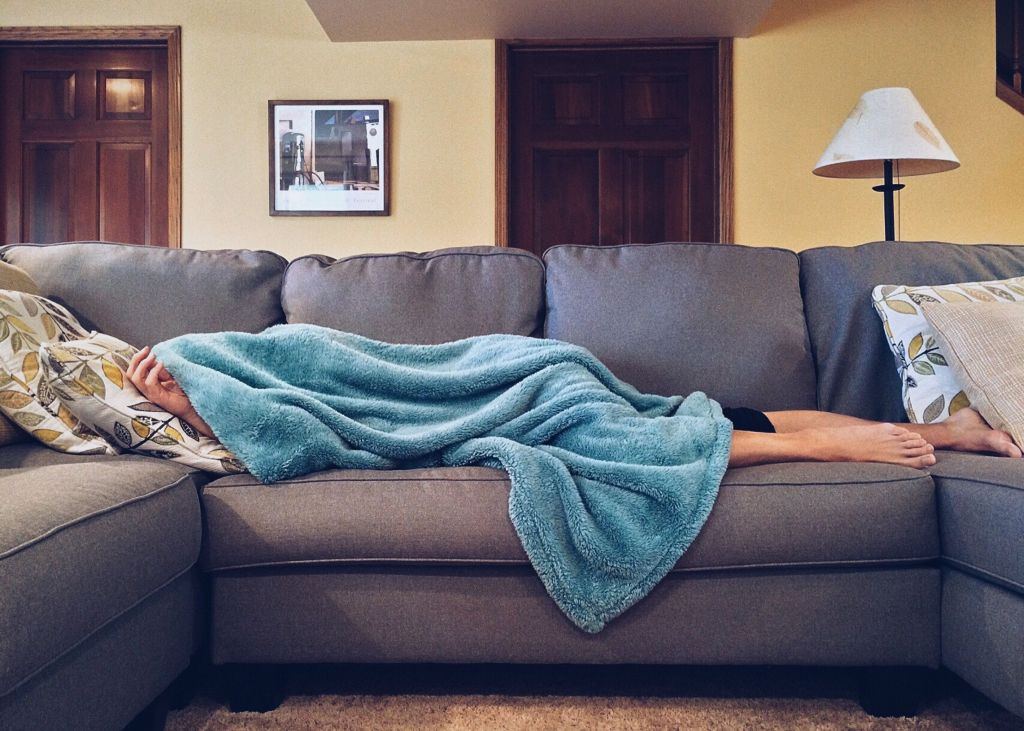Sweet, sweet slumber. A good night’s sleep always recharges the mind and body. Unless you snore or have sleep apnea.
Statistics Canada reported that in 2016 and 2017, 6.4 per cent of Canadians (approximately 2.3 million) had been diagnosed by a health care professional with sleep apnea – more than double what was reported in 2009.
While snoring and sleep apnea are not the same thing, they can be related. Most people who have sleep apnea will snore, and snore heavily. However, if you snore – and that’s your only symptom – you don’t necessarily have sleep apnea. Consult with a physician if you’re worried about either condition.
Why Snoring Can be Debilitating
Snoring is actually common and can happen occasionally or regularly. Snoring is caused by the vibrations made when air passing through your mouth and nose is partially blocked. In many ways, it’s like a poorly tuned wind instrument – loud and blustery.
While snoring alone isn’t considered to be of immediate concern, the effects of snoring can be debilitating. Even having just one restless night’s sleep can lead to extreme fatigue – at work, on the road – while ongoing snoring can affect heart health, weight maintenance, oral health and, of course, energy levels. Factor in sleep partners, and the number of affected people doubles.
Symptoms of Sleep Apnea
There are actually several different classifications of sleep apnea, with obstructive sleep apnea (OSA) being the most common. All forms of sleep apnea affect breathing while you sleep, to the point where you will actually stop breathing intermittently or breathe extremely shallowly. These episodes can last from a few seconds to a few minutes and can occur up to 30 times per hour.
In addition to snoring, other symptoms of sleep apnea include waking up during the night gasping for air, waking up with a dry mouth, morning headaches, inability to focus, insomnia and, of course, extreme daytime sleepiness.
How to Treat Snoring and Sleep Apnea
While you should always consult with a physician if you’re concerned about any of these issues, there are several at-home treatments you can try to help mitigate the symptoms of snoring and sleep apnea.
- Maintain a healthy weight range. Excessive weight can lead to more mass in the throat, physically obstructing the airway.
- Manage alcohol consumption. Alcohol can cause the throat muscles to relax too much, causing them to become slack and block airflow. Avoid drinking alcohol three to four hours before bedtime.
- Avoid sleep aids. This might seem counter-intuitive, especially if your symptoms include insomnia, but like alcohol, over-the-counter sleep aids (or any product with a sedative effect) can result in throat muscles losing their tension, which is necessary for keeping airways open and clear.
- Try nasal strips. If you’re a light snorer and if your snoring is caused by blocked nasal passages or a deviated septum, nasal strips could be extremely effective at keeping your nasal passages open wider.
- Go see your dentist. Remember that the tongue and jaw are part of your mouth, which is what your dentist specializes in. Dentists can sometimes provide relief for snoring and sleep apnea with a variety of appliances such as mouth guards. Or you can pick one up yourself in store or online.
- Prop yourself up. Try using a pillow to keep yourself on your side while sleeping, which can help keep airways clear.
- Clear the airways. If you feel your nose is constantly stuffy and you’re always sniffling even when you’re not sick, it’s possible your nasal airways are congested. Give them a clean with a natural nasal irrigation wash, such as a Neti Pot.
Shop our selection of sleep products to help you get a good night’s rest. If you are looking for some more self-care support, you can also talk to an LD Pharmacist.





